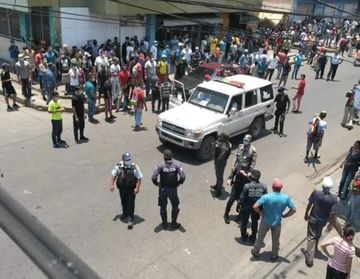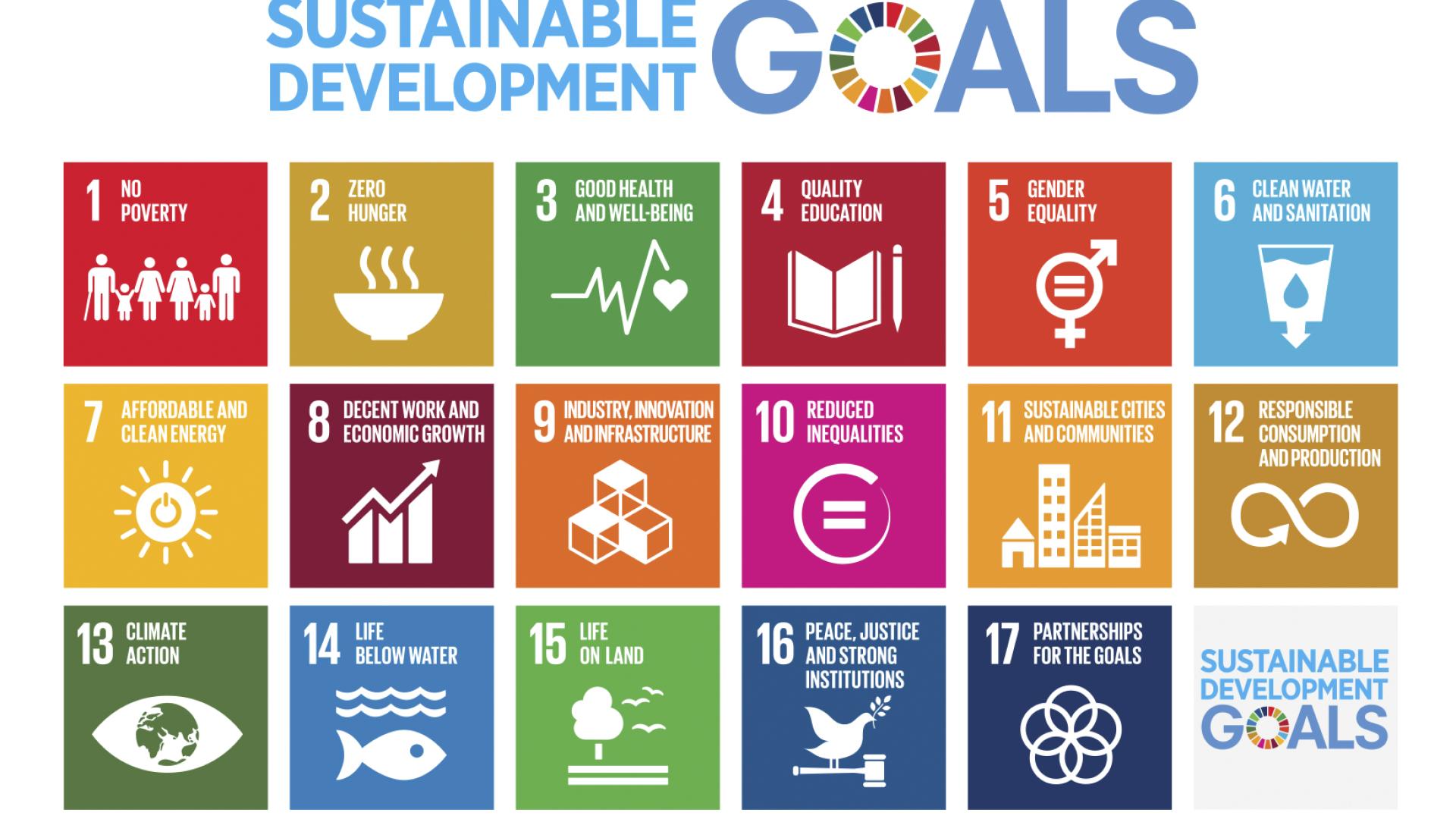For the first time in more than a decade, the National Assembly (AN), and not the Supreme Court of Justice (TSJ), appointed the members of the National Electoral Council (CNE). However, the process that ended with the appointment of Pedro Calzadilla, Enrique Márquez, Alexis Corredor, Tania D’Amelio, and Roberto Picón reveals that the legislators neglected the core aspects provided for in Venezuelan legislation, a situation that casts doubts about the legitimacy of the appointments and may make it difficult to rebuild trust in the power of the vote as a mechanism to overcome the serious political and institutional crisis in Venezuela.
Acceso a la Justicia followed the process carried out by the government-controlled National Assembly elected in the questioned polls of December 6, 2020, and detected six substantive vices which will be addressed below.
1. The dubious legitimacy of the National Assembly
The current National Assembly was the product of a flawed electoral process, which began when the Constitutional Chamber of the TSJ appointed an illegitimate CNE that organized parliamentary elections tailored to the interests of the Government of Nicolás Maduro. The votes held on December 6, 2020, denied and violated the democratic principle and the principle of political pluralism; therefore, citizens can hardly feel represented by this almost single-party Parliament.
The current Legislative Power lacks plurality, authenticity, and legitimacy because it was born from a fraud based on an electoral system that sought to ensure the absolute victory of the ruling party candidates and prevented the representation of the majority of the opposition parties, after their boards of directors were replaced by leaders sympathetic to the ruling party following a ruling from the highest court.
Doubts about the transparency of the electoral process made dozens of governments and institutions dismiss the results. In this regard, the Inter-American Commission on Human Rights (IACHR) denounced in its 2020 annual report that:
“The 2020 parliamentary elections took place without observation, guarantees of competitiveness or plurality, further deepening the institutional crisis and enabling the almost absolute concentration of government authority in the hands of the Executive Branch and increasing the margin for arbitrariness.”
2. A nominations committee far from the constitutional mandate
Another aspect that stains the new CNE is related to the appointment of the Electoral Nominations Committee (CPE), the body that selected the aspiring rectors. Its design rested on the questionable constitutionality of article 19 of the Organic Law on Electoral Power (LOPE) stipulating that the committee must be made up of twenty-one members, of which eleven are members of Parliament. This provision is contrary to article 295 of the Constitution, which states that the evaluating body “will be made up of representatives of the different sectors of society” and not by members of Parliament, even partially.
It should not come as a surprise that the process to renew the Electoral Council took place without delay, given that six of the 11 members of Parliament in the committee came from the ranks of the ruling party. As if this were not enough, several of the ten representatives of civil society had links to the ruling party; for example, two of them were members of the fraudulent National Constituent Assembly (ANC), as denounced by Acceso a la Justicia.
Considering the above, it can be concluded that the validity and suitability of the appointment of the senior and deputy rectors may be questioned, given that the selection process of the Nominations Committee did not comply with the constitutional mandate.
3. An opaque selection
The selection of the representatives of civil society that made up the Electoral Nominations Committee was covered by a blanket of opacity since the Preliminary Commission failed to disclose the methodology and criteria for choosing the candidates.
There is almost no need to say that this lack of transparency does not offer a guarantee of legal certainty. Undoubtedly, the lack of information on how the representatives of civil society were chosen makes it difficult to establish adequate controls to ensure a plural and independent integration to the Committee.
4. The rules changed after the match had started
The modifications to the schedule, in particular the extension for ten additional days of the deadline for applications, represented another irregularity. We must bear in mind that article 24 of the Organic Law on Electoral Power establishes fourteen continuous days, without any possibility of modification, to present the names of possible rectors.
Even though the Committee had complied with the application and selection phase of the aspiring CNE rectors, the body decided to open another call under the excuse that the quarantine ordered by the Government due to the COVID-19 pandemic prevented many candidates from applying.
Setting specific timeframes in the Organic Law on Electoral Power seeks to limit the discretion of the Electoral Nominations Committee while fostering a climate of trust in the process and verifying that it is carried out according to parameters consistent with the rule of law and democratic criteria.
5. Candidates were postulated by one sector and elected in representation of another
Article 296 of the Constitution establishes that the CNE will be made up “of five individuals not linked to political organizations”; three of which will be “postulated by civil society, one by the faculties of legal and political sciences of the national universities, and one by the Citizen Power.” However, when making the appointments, the government-controlled National Assembly made some changes that put the credibility of the process into question. This was denounced by civil association Súmate.
The organization presented the case of the former member of Parliament and current vice president of the CNE, Enrique Márquez, who had been nominated by the university sector but was ultimately selected by the National Assembly as one of the representatives of civil society. The same situation happened with the former Minister of Higher Education and current president of the electoral body, Pedro Calzadilla, who was nominated by civil society but appointed as a representative of the Citizen Power.
The dimension of this irregularity also extends to deputy rectors Leonel Parica, Saúl Bernal, Conrado Pérez, and León Arismendi, who were nominated by civil society, the Citizen Power, and the universities, respectively, but selected by the National Assembly in representation of the Citizen Power -in the case of Parica- and civil society only.
The unjustified substitution of the sectors that nominated the selected rectos constitutes a takeover of the spaces for direct participation of each of the applicant sectors, which violates the right to participate in public affairs. (Article 62 of the Constitution) and the provisions of Article 296 of the national charter.
We must make clear that the appointment of the CNE authorities is not a discretionary competence of the Parliament, but rather a function regulated by law and subjected to a series of parameters that must be fully observed.
6. Rectors with partisan ties
According to article 294 of the Constitution, “departisation” is one of the principles that should govern the organs of the Electoral Power. However, the selection made by the current National Assembly obviates this principle. Súmate denounced that 60% of the members of the new electoral council (three senior rectors and six deputy rectors) are or were linked to the United Socialist Party of Venezuela (PSUV) and, in consequence, “fail to comply with the eligibility requirement established in articles 296 of the Constitution and 9.4 of the Organic Law on the Electoral Power requiring individuals not linked to political organizations”.
Súmate also noted that three senior rectors (Tania D´Amelio, Pedro Calzadilla, and Alexis Corredor) and six deputy rectors (Carlos Quintero, Francisco Garcés, Leonel Parica, Rafael Chacón Guzmán, Gustavo Vizcaíno, and Saúl Bernal) “were objected to by our citizen organization during the legal period allowed by the Electoral Nominations Committee because of their clear and obvious links with the ruling party, including their registration as members of the party and their work in public functions. The objection was presented after the first preliminary List of 75 eligible individuals, released on March 11, and after the second preliminary List, presented on April 10.
Calzadilla, who now chairs the CNE, was Minister of Higher Education and Culture, while Corredor was a member of the questioned National Constituent Assembly. Likewise, D ’Amelio was elected for parliament in representation of the ruling party before becoming part of the CNE board in 2007; Also, both she and her deputy rector, Carlos Quintero, were part of the CNE that was illegally appointed by the Constitutional Chamber through ruling No. 70 on June 12, 2020, and both have been sanctioned by the United States government.
The irregularities in D’Amelio’s case are not limited to his partisan past; she is the only one who repeats office as rector, something that seems to contravene article 8 of the Organic Law on the Electoral Power allowing for re-election up to a maximum of two terms. The official had already been ratified by the Supreme Court back in 2016, before receiving a second tenure in mid-2020. This would be her third period in office.
But not only Chavismo seems to be represented on the board. The new vice president of the electoral body, Enrique Márquez, was the leader of the Un Nuevo Tiempo party (opposition ) and won a seat in parliament in 2015 in representation of that political organization.
Finally, it must be said that two of the new members of the CNE board were nominated by non-governmental organizations; they are deputy rector Griselda Colina and senior rector Roberto Picón. Their presence may give a new air to the CNE, but it will depend on the extent to which technical criteria prevail over political ones.
How does it affect Venezuelans?
The described irregularities reduce the legitimacy of the new Electoral Council, which may affect its credibility and trust among Venezuelans. However, it will depend on how it acts in the organization of future elections, which will be essential to assess the rectors’ legitimacy in the exercise of their functions, as well as the overall transparency. In any case, this new Electoral Council has the difficult task of establishing a framework that guarantees national reconciliation through fair, equitable, and free elections, and for this, it has to demonstrate its autonomous and independent character vis-à-vis the political interests of the Maduro Government. and its habit of preserving them without any obstacle.
Translated by José Rafael Medina




